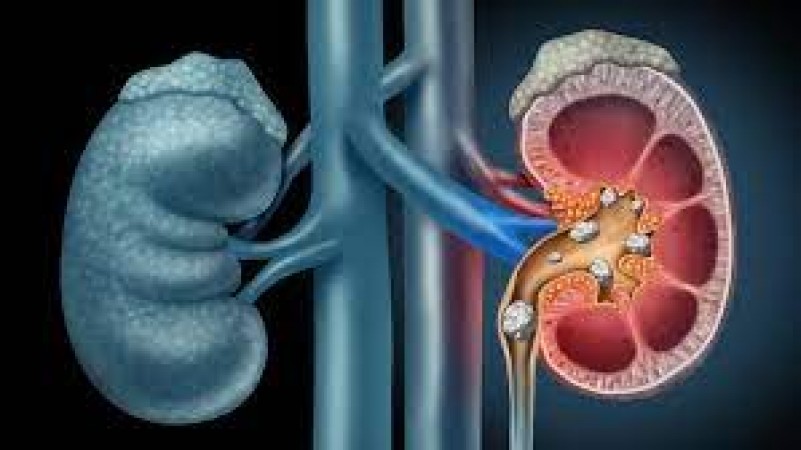
Kidney stones can be excruciatingly painful and debilitating, causing discomfort and distress to those affected. Understanding the signs and symptoms of kidney stones is crucial for timely diagnosis and treatment. Here's a comprehensive guide to recognizing the signs of kidney stones:
Kidney stones, medically known as renal calculi, are hard deposits that form in the kidneys when substances like calcium, oxalate, and uric acid crystallize and bind together.
Here are the typical signs and symptoms associated with kidney stones:
One of the hallmark symptoms of kidney stones is intense pain, often described as excruciating and sharp. The pain can start suddenly and may radiate from the side or back to the lower abdomen and groin.
Individuals with kidney stones may experience discomfort or pain while urinating. This sensation can range from a mild burning sensation to severe discomfort.
Hematuria, or blood in the urine, is another common sign of kidney stones. The presence of blood may give the urine a pink, red, or brownish hue.
People with kidney stones often feel the urge to urinate more frequently than usual. However, the amount of urine passed may be minimal.
Kidney stones can cause nausea and vomiting, particularly when the pain is severe. These symptoms may occur as a result of the intense discomfort experienced.
In some cases, kidney stones may lead to fever and chills, indicating a possible infection or complication. It's essential to seek medical attention if these symptoms develop.
Kidney stones can increase the risk of urinary tract infections (UTIs), which may present with symptoms such as urinary urgency, frequency, and discomfort.
If you experience any of the following symptoms, it's crucial to seek prompt medical attention:
To diagnose kidney stones, healthcare providers may perform various tests, including imaging studies like X-rays, CT scans, or ultrasounds. Treatment options depend on the size and location of the kidney stones but may include pain management, hydration, and, in some cases, surgical intervention.
While some risk factors for kidney stones, such as family history and certain medical conditions, are beyond one's control, there are steps individuals can take to reduce their risk, including staying hydrated, maintaining a healthy diet, and avoiding excessive salt and animal protein consumption. Recognizing the signs of kidney stones is crucial for timely diagnosis and treatment. If you experience symptoms such as intense pain, blood in the urine, or nausea, it's essential to seek medical attention promptly. With proper diagnosis and treatment, kidney stones can be effectively managed, allowing individuals to regain their quality of life.
Pay Attention to Burning Sensation in the Stomach and Chest, Else Discomfort May Increase
Women Should Definitely Follow These Personal Hygiene Tips
Make Sure to Consume These 5 Things Even on an Empty Stomach, Otherwise, Heavy Loss May Occur